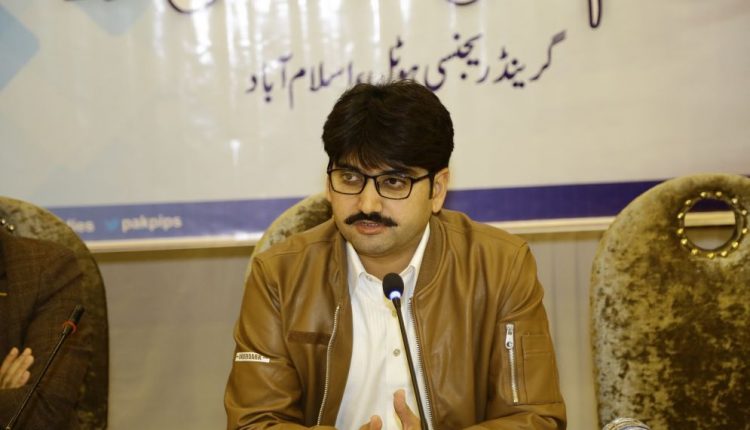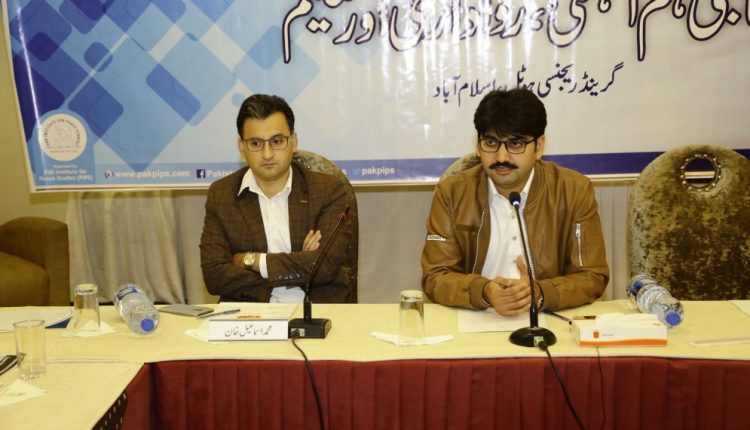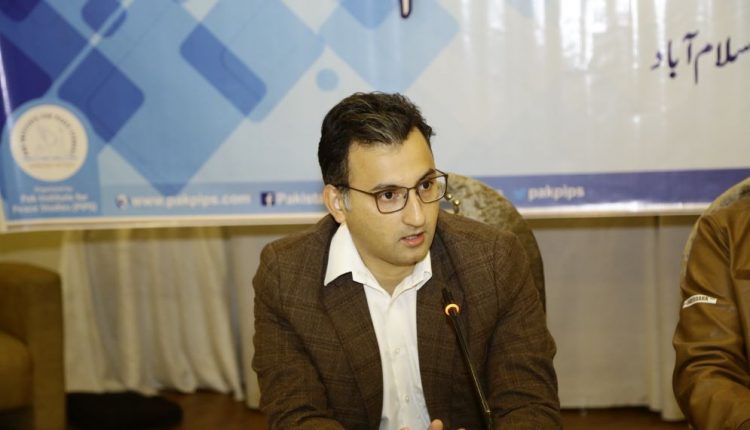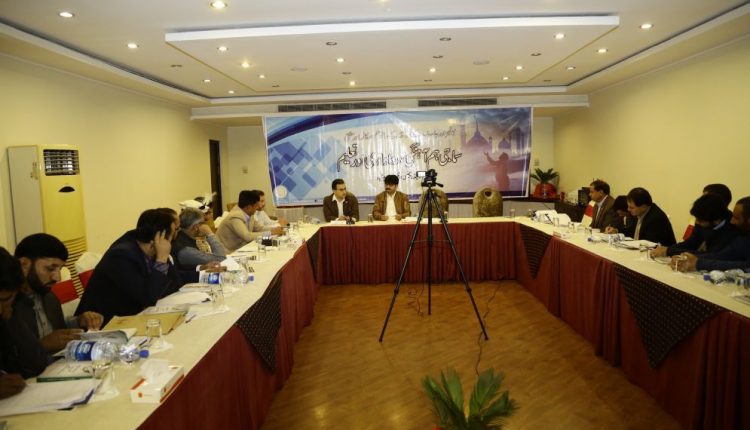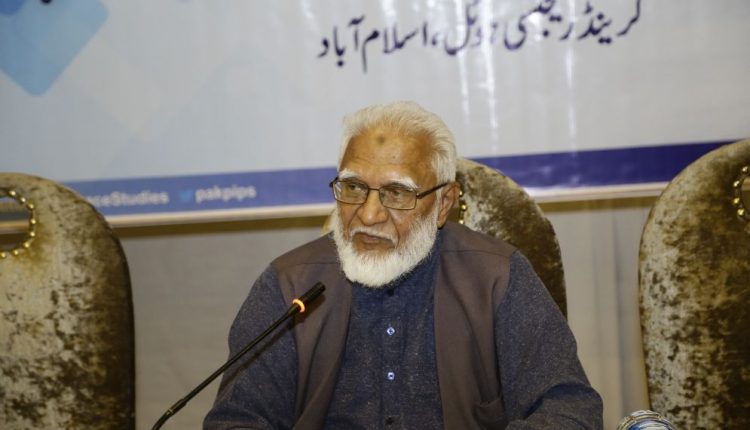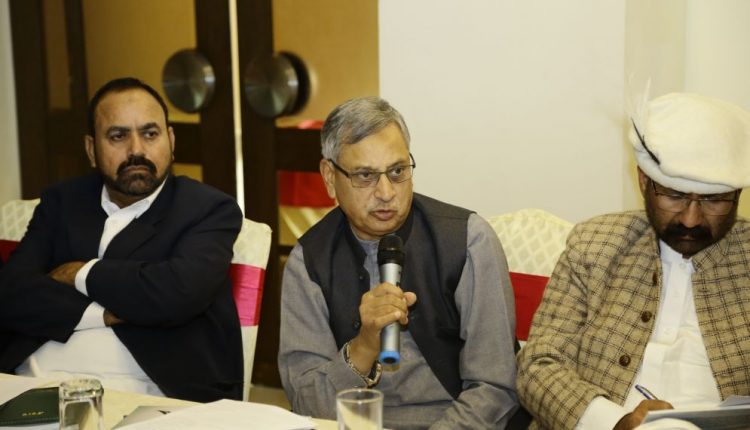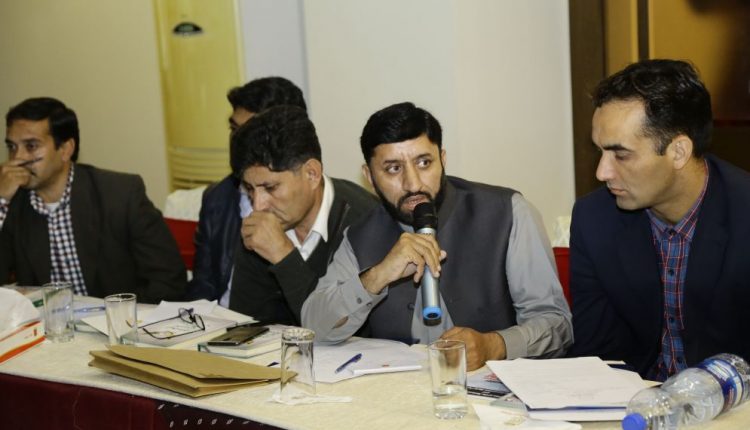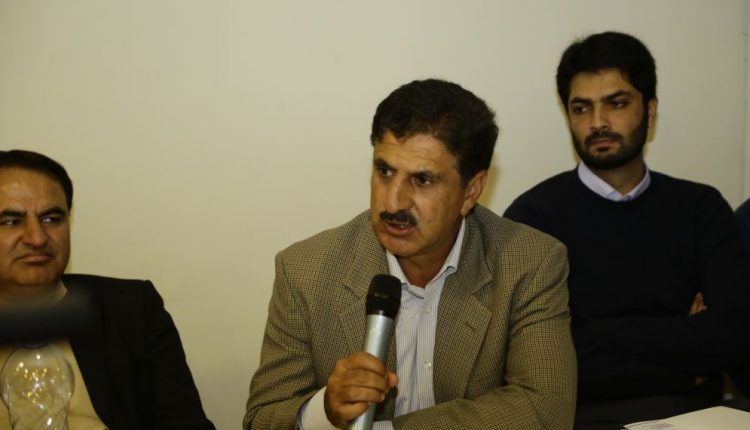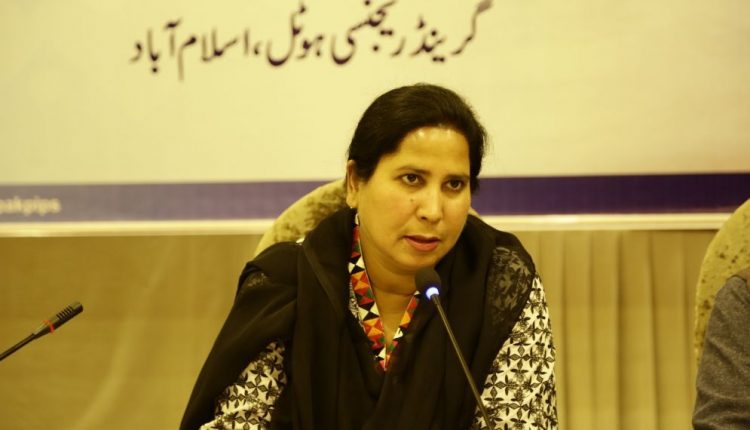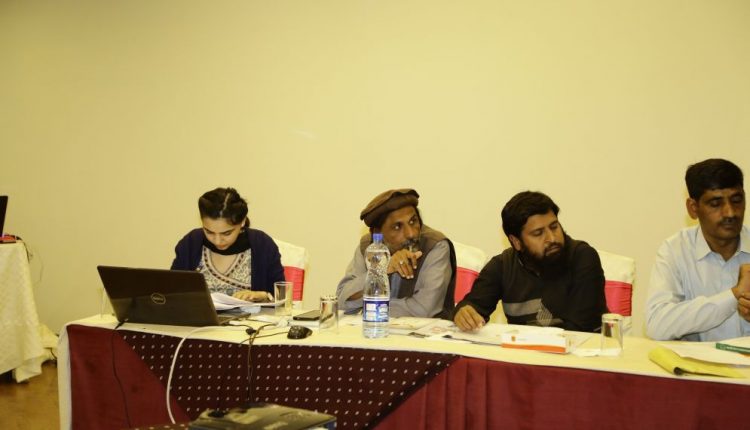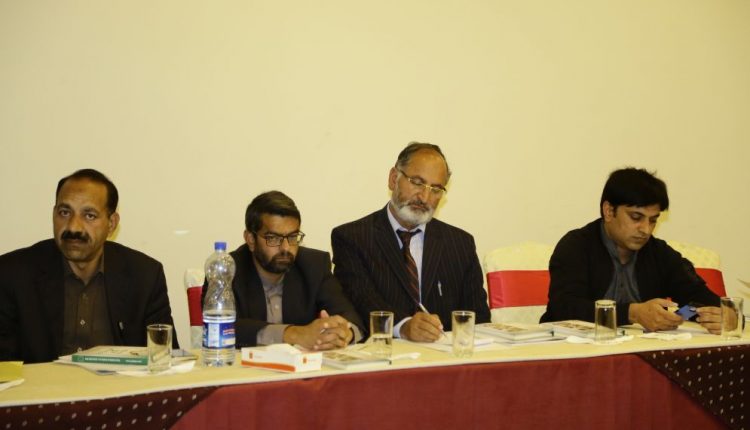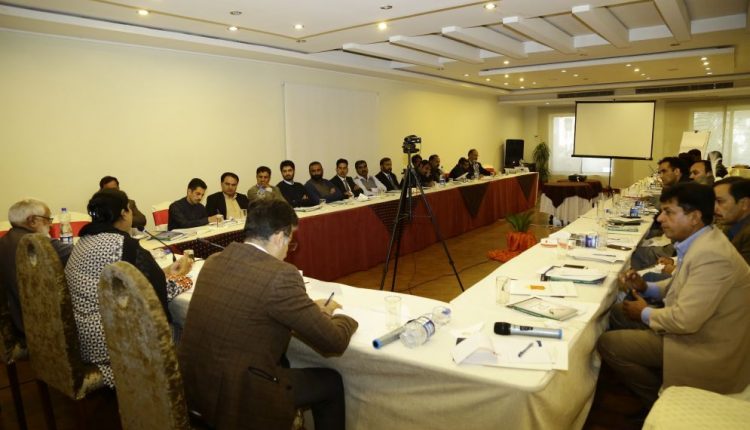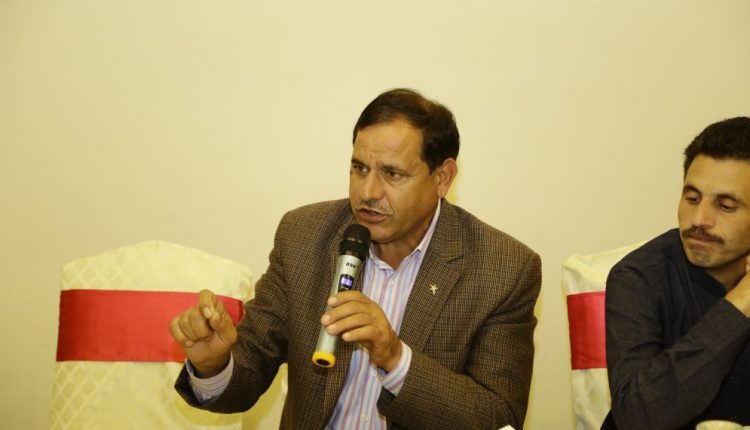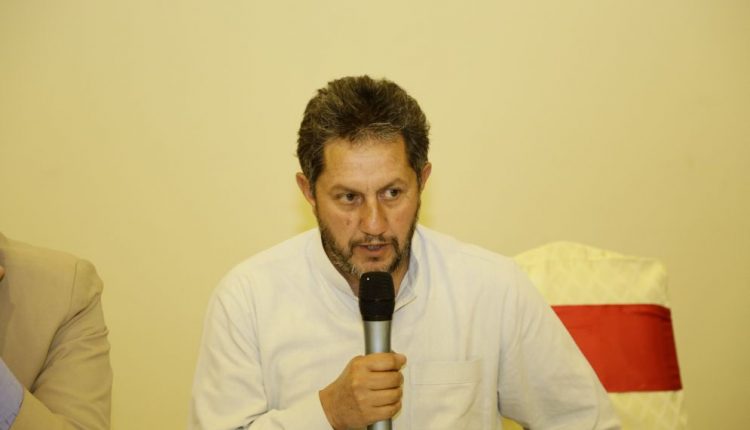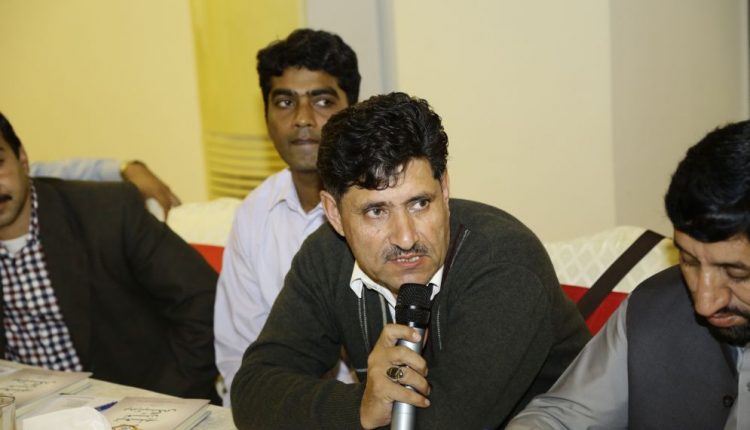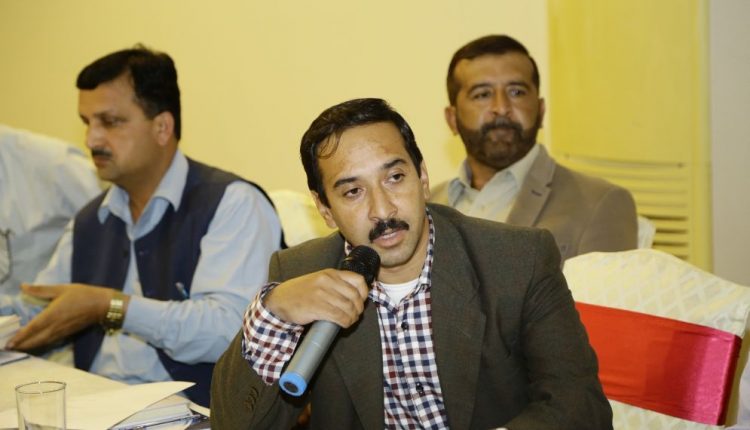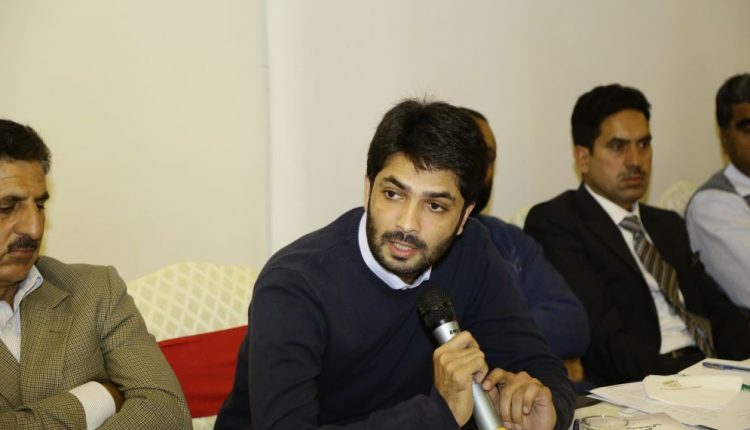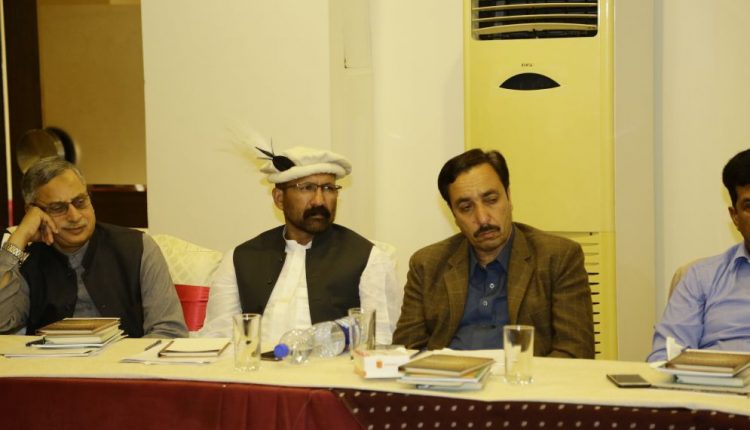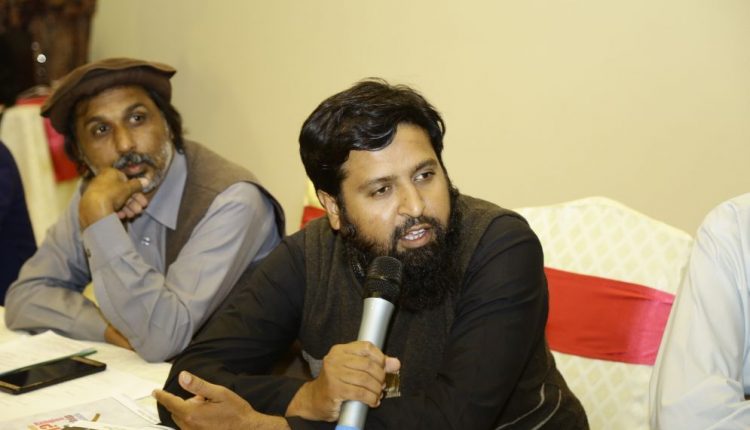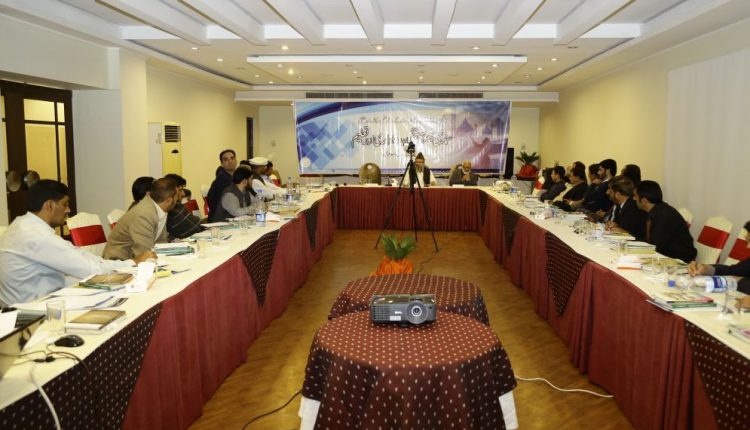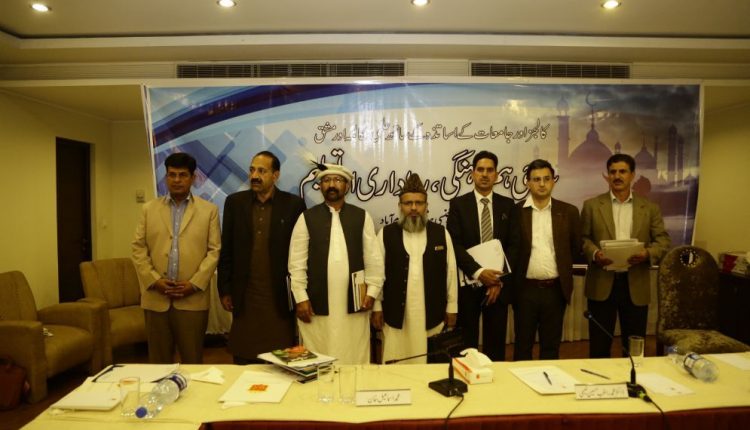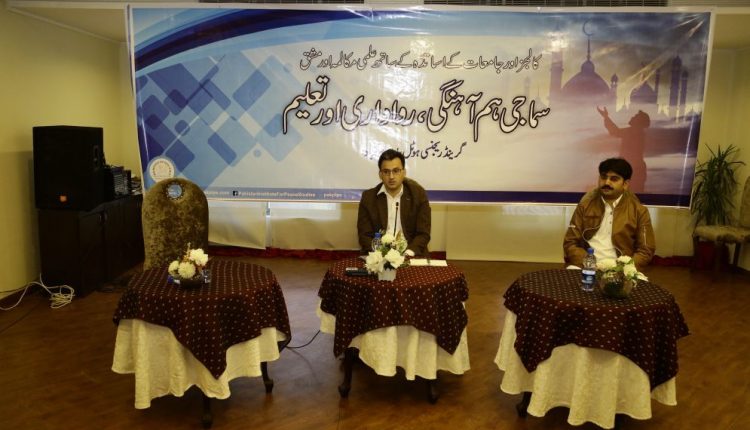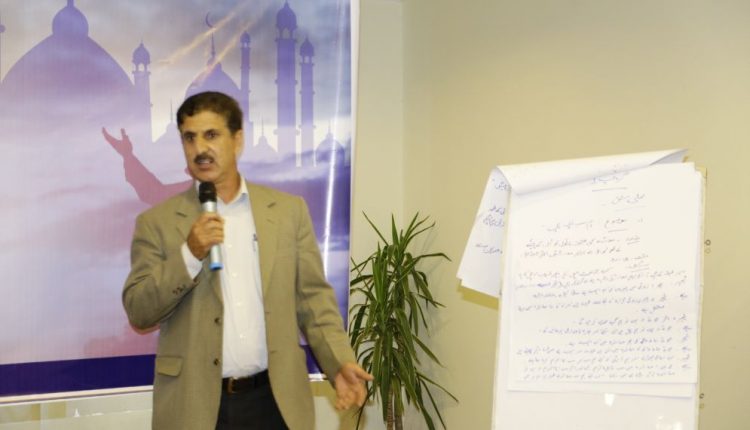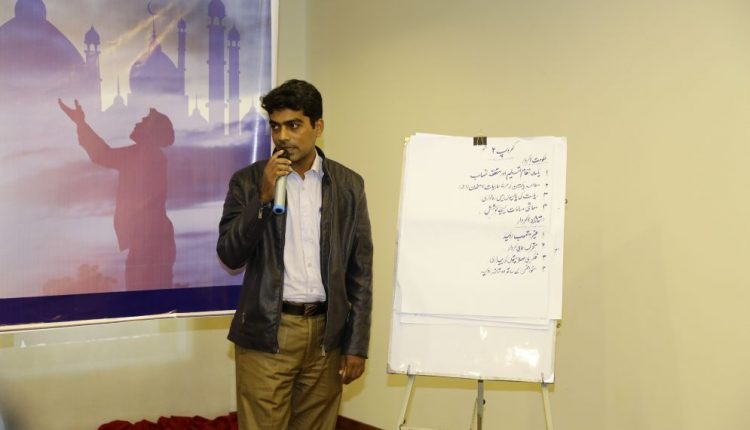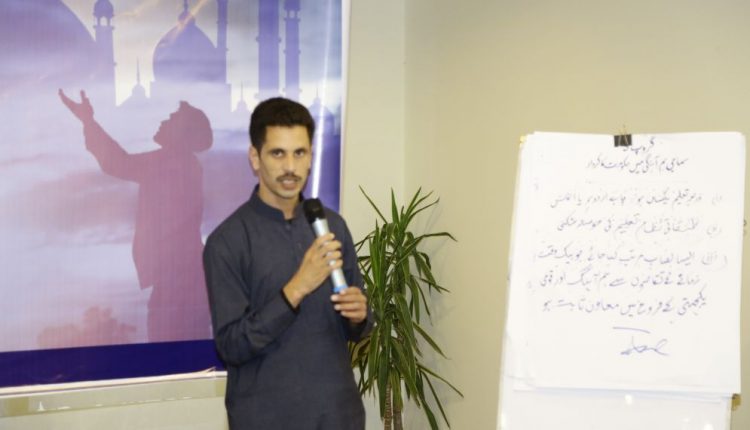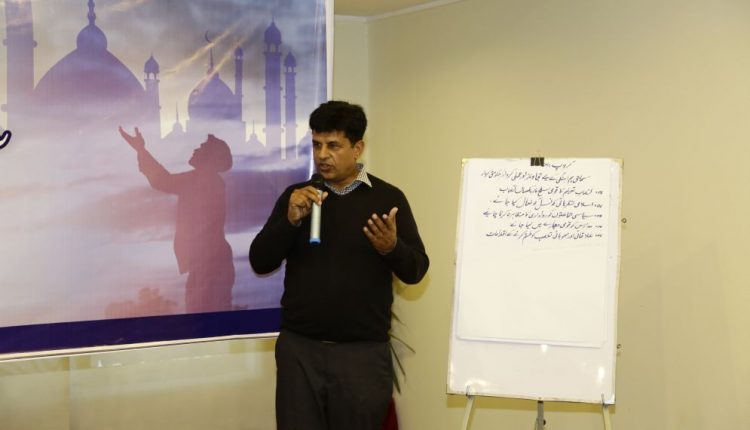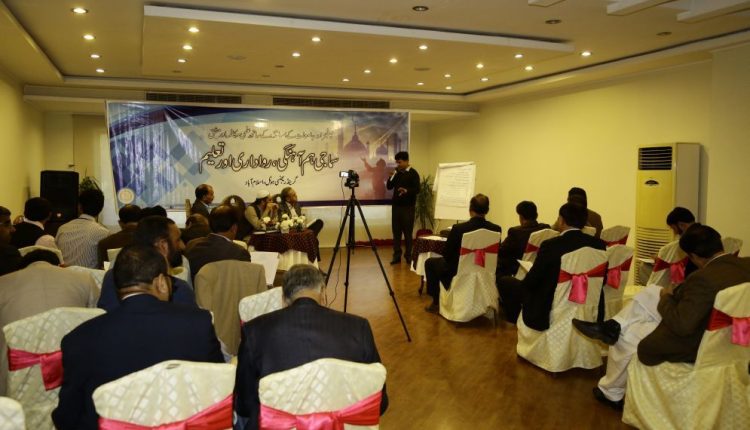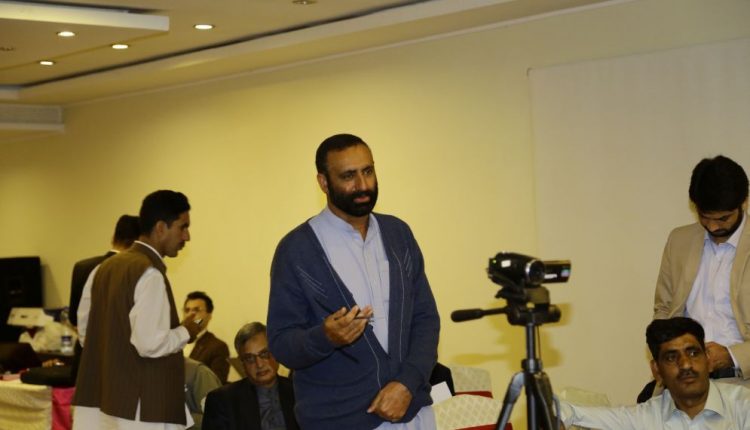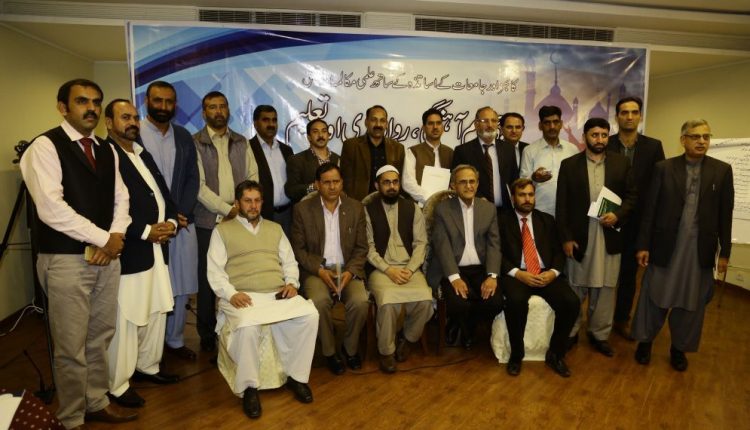“Teachers can help overcome divides in society”: PIPS teachers dialogue
On 5th and 6th November 2018, the second round of two-day dialogue with college teachers, on social harmony, was organized in Islamabad, participated by around forty teachers from the northern region of Pakistan comprising of Gilgit-Baltistan, Azad Jammu and Kashmir and Islamabad.
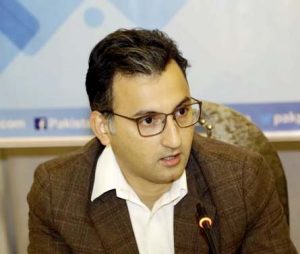 The dialogue started with introductory note by PIPS’s senior project manager Muhammad Ismail Khan, who called upon participants to actively contribute in the two days.
The dialogue started with introductory note by PIPS’s senior project manager Muhammad Ismail Khan, who called upon participants to actively contribute in the two days.
The first session was led by former chairman of Council of Islamic Ideology, Dr. Khalid Masud. He pointed to the fault in our narrative regarding terrorism. He said whenever terrorism is mentioned, it is assumed as if it started from Septembe r 2001 attack. This, he said, was the reference point of the west and has been borrowed uncritically in Pakistan. Dr. Masud was of the opinion Pakistan fell victim to the menace of sectarianism as early as in the 1980s, which later metamorphosed into present-day extremism and terrorism. Teachers, he stressed, should be clear about the emergence and roots of terrorism in the country, as they diagnose the problem.
r 2001 attack. This, he said, was the reference point of the west and has been borrowed uncritically in Pakistan. Dr. Masud was of the opinion Pakistan fell victim to the menace of sectarianism as early as in the 1980s, which later metamorphosed into present-day extremism and terrorism. Teachers, he stressed, should be clear about the emergence and roots of terrorism in the country, as they diagnose the problem.
Identifying causes of religious extremism in Pakistan, he said that the chief cause was misinterpretation and out-of-context quotation of religious texts. This happened over the years as various Muslim rulers intentionally used clergy to meet their political ambitions.
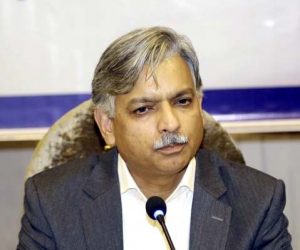 Columnist and anchorperson, Khursheed Nadeem, underlined that the central principals for engaging in dialogue are justice and honesty. He was of the view that carrying a dialogue with preconceived bias and prejudice for the purpose of reaching a consensus or radically altering the other party’s point of view is not only futile but detrimental. Difference, in fact, he stressed is beautiful.
Columnist and anchorperson, Khursheed Nadeem, underlined that the central principals for engaging in dialogue are justice and honesty. He was of the view that carrying a dialogue with preconceived bias and prejudice for the purpose of reaching a consensus or radically altering the other party’s point of view is not only futile but detrimental. Difference, in fact, he stressed is beautiful.
He also discussed Hegel’s theory for evolution of society; in the first stage the society reaches a thesis, after sometime that same thesis is negated by an antithesis and as society advances there emerges a synthesis. This is how the cycle of thesis, antithesis and synthesis goes on. Extremism, radicalization and fanaticism are the manifestation of societal retardation which are results of curtailment of the natural cycle of evolution of society.
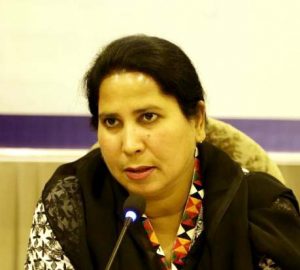 Social rights activist, Romana Basheer, drew attention to Quaid-e-Azam’s 11th August 1947 speech delivered to the Constituent Assembly of Pakistan, which underlined broad contours of minority rights in the new country. She lamented how today’s Pakistan is the antithesis of that speech.
Social rights activist, Romana Basheer, drew attention to Quaid-e-Azam’s 11th August 1947 speech delivered to the Constituent Assembly of Pakistan, which underlined broad contours of minority rights in the new country. She lamented how today’s Pakistan is the antithesis of that speech.
She went on saying that there are several discriminatory clauses against non-Muslims, in the statute, which should be done away with. With the passage of time, aspirations of the non-Muslims have been institutionally limited and their rights snatched.
The way forward, she suggested, is for extensive dialogues to take place at all three levels: grassroots, middle and higher level. Teachers have an integral role to play in the initiating these dialogues at the middle level.
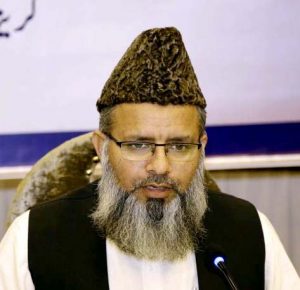 Noted religious scholar, Dr. Raghib Naeemi, vociferously propounded the integral role of teachers in building the personality and polishing the mental abilities of students. It is only through critical thinking and reasoning that students would be able to distinguish between extremist and tolerant narrative, in an age where impressionable minds are constantly bombarded by fake news through social media.
Noted religious scholar, Dr. Raghib Naeemi, vociferously propounded the integral role of teachers in building the personality and polishing the mental abilities of students. It is only through critical thinking and reasoning that students would be able to distinguish between extremist and tolerant narrative, in an age where impressionable minds are constantly bombarded by fake news through social media.
Teachers are the first role models of students so they should propagate message of peace and harmony, and depict impeccable personality traits in front of them, he added. Characteristics that must be present in all teachers are being polite, well-read and possessing strong communication skills.
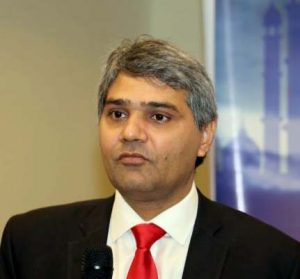 Meanwhile, PIPS director Muhammad Amir Rana engaged participants in a series of activities aimed at revisiting their own perceptions about different communities. Teachers were told that they should set aside their own biases as they enter classrooms.
Meanwhile, PIPS director Muhammad Amir Rana engaged participants in a series of activities aimed at revisiting their own perceptions about different communities. Teachers were told that they should set aside their own biases as they enter classrooms.
Teachers argued it is often difficult to talk about all issues in the classroom, given varied political sensibilities. Teachers shared their own limitation when it comes to relaying the messages of peace and harmony. There are different subjects, with each having different demands. While teachers of social sciences are expected to encourage introspection or questioning, one teacher said, that of natural sciences have to rely on hard facts to be quoted fluently. When it comes to parents, they prefer their students rely on science so that their sons and daughters can become engineers and doctors. In such a social context, teachers think they need to finish the curriculum.
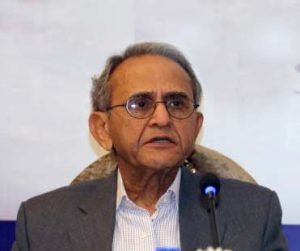 Educationist and intellectual, A. H. Nayyer and religious scholar, Ammar Khan Nasir assessed performance of teachers in an interactive activity in which they were divided into different groups, and each group was supposed to suggest diverse and innovative measures of battling extremism in the classroom.
Educationist and intellectual, A. H. Nayyer and religious scholar, Ammar Khan Nasir assessed performance of teachers in an interactive activity in which they were divided into different groups, and each group was supposed to suggest diverse and innovative measures of battling extremism in the classroom.
The dialogue noted that teachers can produce original scholarship, disseminate new ideas, equip students how to search for facts, and create dialogue-enabling platforms – key ingredients for producing a mutually-acceptable society.
Media Coverage:
The News
Nov 7, 2018
https://www.thenews.com.pk/print/390654-teachers-role-critical-in-overcoming-social-divides
Dailytimes
Nov 7, 2018
https://dailytimes.com.pk/319194/teachers-role-critical-in-overcoming-divides-in-society/
Daily Nawaiwaqt
Nov 7, 2018
https://www.nawaiwaqt.com.pk/E-Paper/islamabad/2018-11-07/page-3/detail-17
Daily Express
Nov 7, 2018
https://www.express.com.pk/epaper/PoPupwindow.aspx?newsID=1105863036&Issue=NP_ISB&Date=20181107
Daily 92
Nov 7, 2018
Daily Dunya
Nov 7, 2018
https://e.dunya.com.pk/detail.php?date=2018-11-07&edition=ISL&id=4272172_24810717
Daily Jehan Pakistan
Nov 7, 2018
Gallery:


